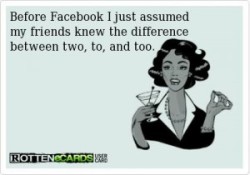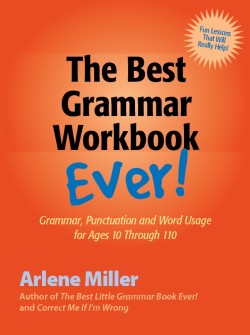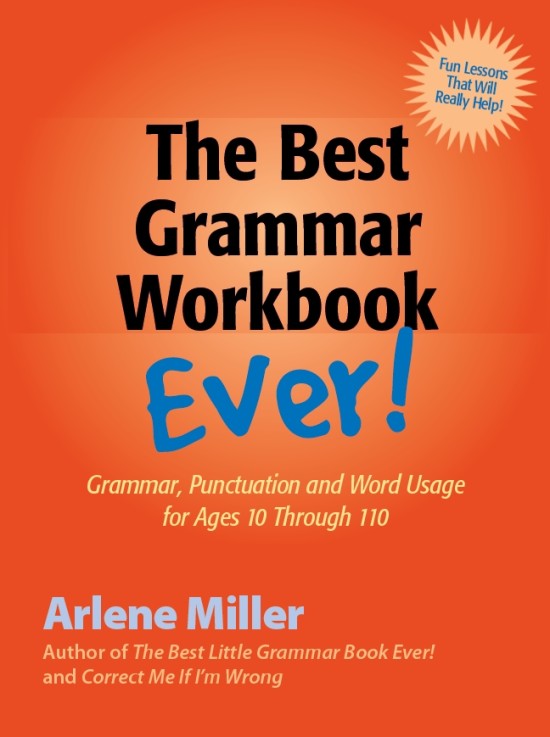 Ah yes. . . all good things must come to an end. And here we are at the end of the alphabet for confusing words. Of course, the blog will continue, and if you have any more confusing words, please send them to me….as well as any ideas of things you would like to see in this blog. We are always open to ideas! So here we go. . .
Ah yes. . . all good things must come to an end. And here we are at the end of the alphabet for confusing words. Of course, the blog will continue, and if you have any more confusing words, please send them to me….as well as any ideas of things you would like to see in this blog. We are always open to ideas! So here we go. . .
1. Stationary/Stationery - The one that ends in -ary means “standing still.” You remember this by remembering that there is an a in place (standing in place). Yes, there is also an e in place, but it is silent! The one ending in -ery is the pretty paper. Does anyone use it anymore?
I just bought a stationary bike.
My stationery has pretty pink flowers on it.
2. Then/Than - Then is an adverb and refers to time. Than is used for comparison. Much of the time the wrong one indicates a typo.
Now and then I eat chocolate.
Chocolate is better than wheatgrass.
Please remember that then is not a conjunction, and you can’t connect sentences with it!
I ate dinner, then I watched TV. Wrong!
3. There/Their/They’re - Yes, this one is still sometimes written incorrectly!
There is a place: Go sit over there.
Their is possessive: I am their mother.
They’re is a contraction meaning they are. They’re with their mother over there.
4. Titles: Italics or quotes? Do you often wonder whether to use italics or quotes when you are writing book titles? Here is the general rule: Use italics (or underline if you are writing by hand) for big things. Use quotes for parts of those things.
Italics: Book titles, CD titles, movie titles, magazine and newspaper titles, play and opera titles, TV series titles.
Quotes: Chapter titles, song titles, poem titles, magazine and newspaper article titles, TV episode titles, titles of acts in plays.
Note that we are not talking about the title on the book cover itself. We are talking about what to do with titles when we write about them in text.
5. To/Too/Two - Yes, this one is still written incorrectly too!
To is a preposition that tells where: I am going to the store.
Too is an adverb that means either “also” or “overly”: I am going too. This is too salty.
Two is a number. I have two pencils.
Note that when you use too at the end of a sentence, you don’t need a comma before it, but when you use it in the middle of a sentence, it is set off in commas if it means also: I, too, am going, but I am going too.
6. Toward/Towards - Use either one. They are the same, except Americans generally drop the s; the British use the s.
7. Try and/Try to - The correct phrase is try to.
I will try to finish the cleaning this morning.
8. Warranty/Warrantee - A warranty is the agreement you get with an appliance that says it will work or else! A warrantee is the person who receives the warranty.
9. Whose/Who’s - Whose is possessive. Who’s is a contraction that means who is.
Whose package is this?
It belongs to the man who’s in the front row.
10. Your/You’re - Same as whose and who’s. Your is possessive. You’re is a contraction that means you are.
Is this your package?
Yes, you’re correct.
News:
Now, not only are book templates and press kit templates available from master book designer Joel Friedlander, but he has just announced his templates for book covers! You can now design your own cost-effective cover that is ready to upload to Amazon and other POD publishers! Just click on the Book Design Templates graphic on the righthand side of this page for information.
Yes! Grammar books make great Father’s Day and graduation gifts, especially for those students continuing their educations or seeking employment.
The Best Grammar Workbook Ever is coming along and should be available by late summer or early fall!







In the future, could you perhaps address the usage of “him”, “her”, and “me” at the beginning of sentences, in place of the nouns. Their usage is so widespread now that I wonder if I missed something……..that it has become correct to use them as such? Is that what is being taught in school?
I have three things to say about using him, her or me at the beginning of a sentence. Wrong. Wrong Wrong. But you don’t have to replace them with a noun, just the correct pronoun. Her, him and me are objective pronouns and are not to be used as subjects, which is usually what is at the beginning of a sentence. Use I, He, and She at the beginning of a sentence. The others are wrong, have always been wrong, and will always be wrong, I can say with some certainty.
Regarding there, they’re and their: I suddenly remembered a paper that my daughter (who did graduate from Berkeley with two majors – physics and English Literature) wrote in school. On one page she used all three for there. I asked her to look at the page to see whether she saw anything wrong. She looked and looked. Didn’t find any problem. That was when we had her tested for dyslexia. Sure enough, that was it.
Interesting! Thank you for the comment. Glad you figured out what it was.
This loses sense when written out, but one of the most difficult sentences to write — makes prefect sense when spoken:
“There are three ‘toos’ in the English language, to, too, and two.
On the topic of “Titles, italics or quotes,” there are differences in style between the AP Style Guide (frequently used by newspapers and magazines) and the Chicago Manual of Style that’s mostly used by publishers. So you may see examples that are “wrong” …. but only if you’re not using the “right” style guide.
Pete – I know there are different styles on italics versus quotes and writing titles. Whatcha gonna do! I am sure I will hear about it!